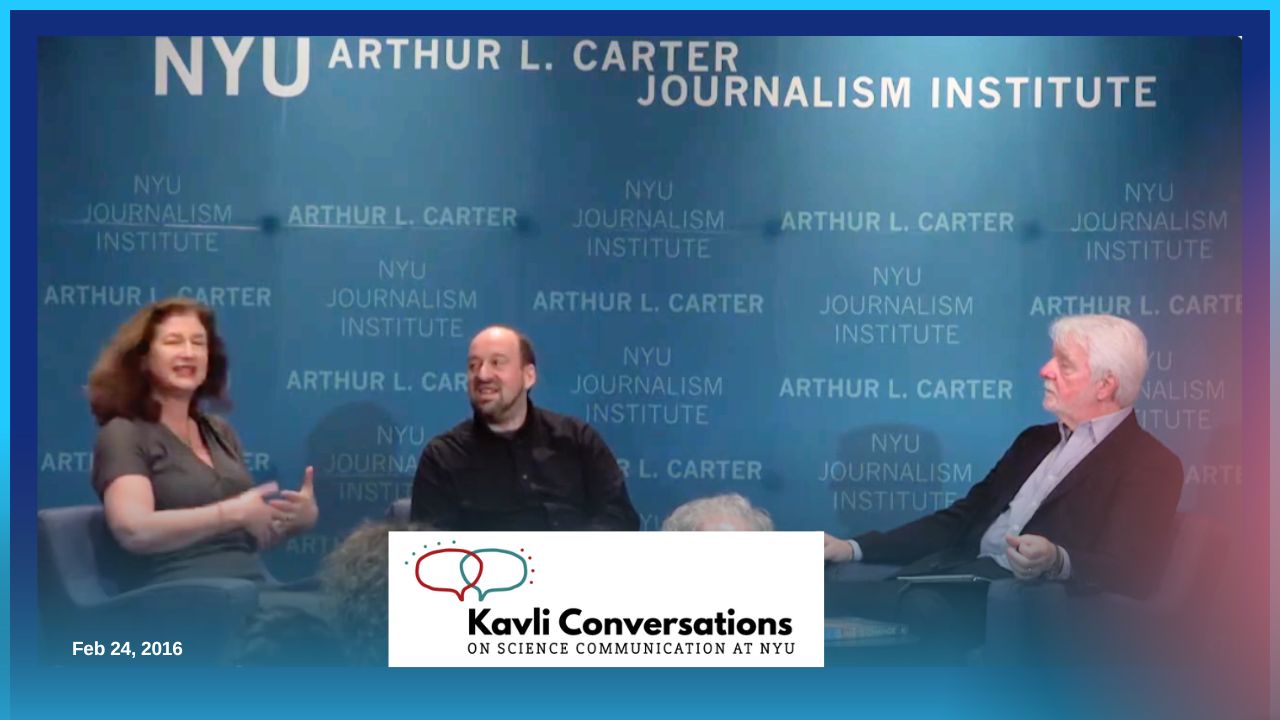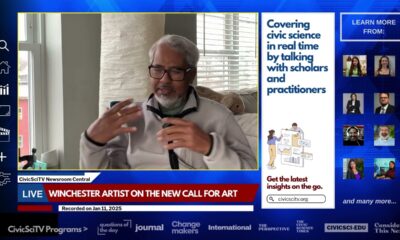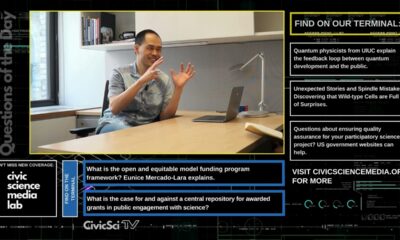Civic Science Observer
On This Day in 2016: The Science, Health and Environmental Reporting Program at NYU hosts the first Kavli Conversation on Science Communication

On February 24, 2016, New York University’s Arthur L. Carter Journalism Institute hosted the inaugural Kavli Conversation on Science Communication. Titled “Getting Real About Climate: Storytelling for a Warming Planet,”the event brought together science journalists and climate scientists to discuss how best to convey the realities of climate change.
Dan Fagin, director of NYU’s Science, Health, and Environmental Reporting Program (SHERP), opened the session by emphasizing the importance of collaboration between the worlds of science and journalism. He stated:
“It’s my absolute conviction that a big part of the future of science communication is going to involve a lot of interchange and interaction between these two groups.”
He added, expressing his hope for the series’ future:
“This is the first of what we hope will be many many broadcasts featuring premier science communicators from the world of journalism and the world of science talking to each other about specific topics and also about the broader issues associated with communicating science in a way that is both accurate but also engaging that actually reaches people.”
Moderated by Robert Lee Holtz of The Wall Street Journal, the conversation featured environmental journalist Suzanne Goldenberg and climate scientist Gavin Schmidt, director of NASA’s Goddard Institute for Space Studies. Schmidt explained a core challenge of the climate debate by saying:
“So, climate change is not one thing. It really touches many many things.”
Schmidt further clarified that this complexity arises because climate change intersects with multiple spheres—from economics and energy policy to social dynamics and even the long arc of human history. He noted that attempting to confine the issue to a single narrative oversimplifies the myriad scientific, policy, and implementation stories that it generates.
The event also looked ahead and set the stage for a series of conversations that would delve into various aspects of science communication. Nearly nine years later, 66 events have been hosted (as posted online), with each session running for about 90 minutes on average. This translates to roughly 7 events per year, offering a stage to explore and document evolving insights. The events transitioned online during the pandemic.
Past sessions have included discussions such as “Seeing Data: A Conversation on Visualization” with Betsy Mason and Enrico Bertini; “Phallus Fallacies and Whale Snot: Writing About Weird Biology for More than Just Laughs” with Emily Willingham, Nick Caruso, and Mara Grunbaum; and the most recent event posted online titled “Creepy, Crawly, and Uncharismatic: Telling the Stories of Unloved Animals” with Bethany Brookshire and Gwen Pearson.
Many of these conversations remain available online thus forming a valuable archive for researchers, educators, students, journalists and the community at large.
This article is part of our ongoing ‘On This Day’ series covering notable events in civic science. Email us at mlab@civicsciencemedia.org if you have ideas for past events 5+ years ago you’d like us to include!
The CS Media Lab is a Boston-anchored civic science news collective with local, national and global coverage on TV, digital print, and radio through CivicSciTV, CivicSciTimes, and CivicSciRadio. Programs include Questions of the Day, Changemakers, QuickTake, Consider This Next, Stories in Science, Sai Resident Collective and more.

-
 Audio Studio1 month ago
Audio Studio1 month ago“Reading it opened up a whole new world.” Kim Steele on building her company ‘Documentaries Don’t Work’
-
Civic Science Observer1 week ago
‘Science policy’ Google searches spiked in 2025. What does that mean?
-
Civic Science Observer1 month ago
Our developing civic science photojournalism experiment: Photos from 2025
-
Civic Science Observer1 month ago
Together again: Day 1 of the 2025 ASTC conference in black and white
Contact
Menu
Designed with WordPress
























